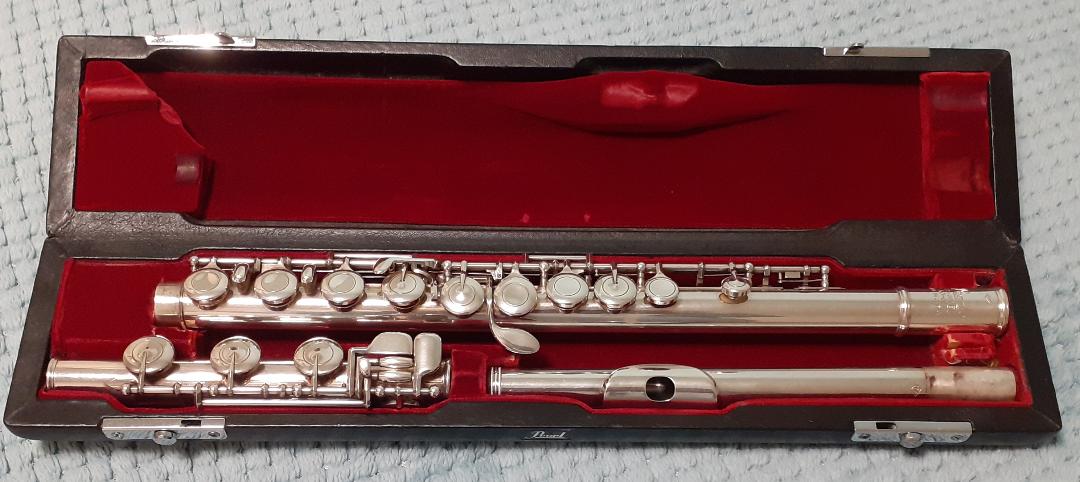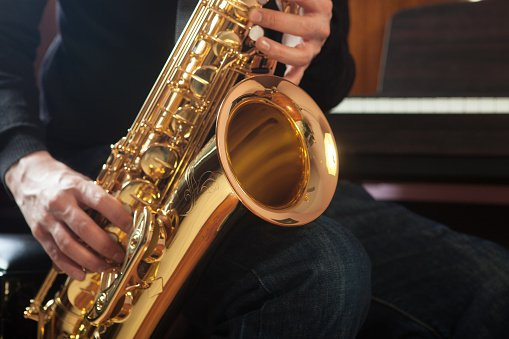Benefits of Playing the Flute

The flute is a versatile instrument and there are many advantages to learning how to play it. A pre-requisite is being big enough to manage the physical demands and also to have adult teeth in place. Generally aged 9 upwards - but it depends on the individual.
Here are just some of the benefits to learning the flute:

No.1: Cost
The flute is relatively inexpensive compared to other woodwind instruments. A brand new instrument can be purchased for around £400 and obviously you might find a bargain second hand. They are also easy to assemble, clean and maintain – no reeds to keep replacing! My favourite shops for budding flautists are ‘Clarke’s Music’ in Chesterfield and ‘Windblowers’ in Nottingham for those requiring expensive flutes.

No.2: It's Small!
It’s far easier to carry and transport a flute than almost any other instrument! When I was just 11, I asked my music teacher at school if I could learn flute EVERY day – she tried to encourage me to have a trombone but this simply didn’t appeal, especially carrying a huge case around. Thankfully my persistence paid off. The flute fits easily into cars (the double bass needs more consideration) and your bag – just don’t leave it on a train or bus.

No.3: And Breathe......
Playing a woodwind instrument makes you conscious of every aspect of your breath, from relaxed and open inhalations to sharp and controlled exhalations. Woodwind instruments will absolutely give your lungs a serious respiratory workout.
The larger/lower woodwind instruments (think bassoon) use your breath in a different way, by utilising significant volumes of air at a low pressure. Higher woodwind instruments, like the flute, require your full lung capacity at a high speed. With improved breathing ability, doing things like exercising or taking the stairs will come naturally to you. Naturally, this gives your lungs and diaphragm a respiratory work out, making your core a lot stronger. All of this can even play a role in making it easier to live with asthma.

No.4: Lots of Opportunities
Opportunities are abundant for the flautist as it is an instrument that is used in many different genres such as classical, pop, jazz and folk music. The flute features in almost all types of ensembles, which is not the case of some instruments. When you choose to learn and master it, the flute will introduce you to a world of new opportunities from quite a young age. Some of the different ensembles that flutes are used frequently in include concert and jazz bands, orchestra, pit orchestra, flute choirs and more.

No.5: Coordination
Flute playing requires good coordination; this involves skills with your hands, eyes, respiratory system and mouth. Learning the flute will improve your coordination from the start as you master different fingering styles and tunes. Needless to say, you’ll be required to read musical sheets, play keys, and blow into the mouthpiece, all in one sitting. Hence, your body coordination is definitely going to improve. Having incorrect posture can negatively affect your tone quality and overall sound. So from the very beginning, I teach how to stand/ sit, how to correctly position your shoulders and elbows and how to hold the flute.

No.6: Transferrable Skills
If you decide that you would like to try your hand at another woodwind instrument, your flute playing experience and ability to read music will stand you in good stead. As you practise the flute, your dexterity will improve because fingers will be able to move faster and more effectively and this will improve your technical range for other wind instruments. For example, many flute players interested in jazz often transition to instruments that have similar fingerings as the flute such as the tenor sax. Playing the piccolo is a very natural progression for the experienced flautist and gives even more opportunities to play in ensembles and orchestras. Flute playing certainly encourages creativity and exploration of other woodwind instruments.

No.7: Discipline & Confidence!
Learning any instrument cultivates discipline, a rare and valuable asset today! The learning of flute, or any instrument, requires a lot of effort, focus and commitment. In short, you’ll never excel without the discipline to practice until you’ve mastered it. Therefore, learning the flute is a good way to instil a sense of discipline and also resilience. Acquiring musical skills is a way of building confidence in learners. Flute playing is not that easy at first and not everyone can achieve that milestone. Therefore, it helps students to build confidence in their skills and abilities by giving a sense of satisfaction and achievement.

No.8: Enjoyment
Needless to say, playing an instrument is fun and a can be a great stress-buster. From jamming with other musicians to making music alone, it’s wonderful hobby that can make you forget about your cares. Playing the flute can be therapeutic, especially to people who love music.


